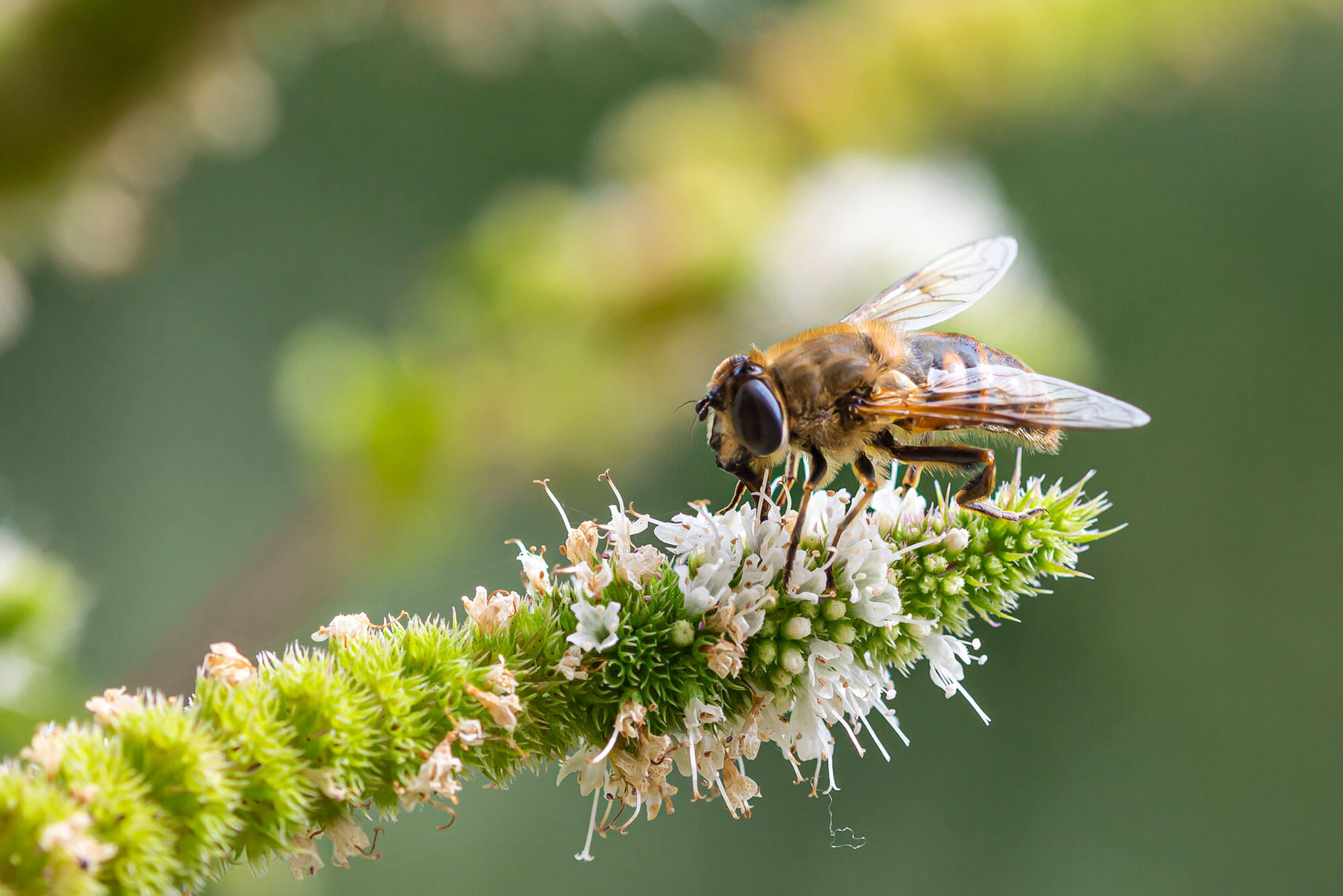Advertisement
When we think of return on investment, we tend to think in monetary terms, but we forget that money is not much use if there is nothing worthwhile to spend it on. So, while we do need to ensure our financial security, we – possibly even more importantly – need to ensure that our planet remains liveable for humans. And the key to that is biodiversity.
Consolidation
The history of conservation shows an evolution of the understanding of how the natural world works. The very first ‘conservation areas’ were royal hunting grounds – areas in which no-one other than the elite (often the king) could hunt. And, in many cases, that would mean no more than a few animals a year being killed – usually for ceremonial purposes. Then we had game reserves to protect ‘good’ animals, and in which we hunted down ‘bad’ animals such as African wild dogs that were considered vermin. Eventually, we moved on to realising that we needed to conserve plants if we were to conserve animals, then we came to recognise the complexity of ecosytems, and then – finally – the need for contiguous natural areas, rather than isolated reserves.
So it is that, over the last few decades, conservation bodies, governments and communities have been working together to consolidate conserved areas. The most visible of these are the numerous transfrontier conservation areas such as Great Limpopo, the Kgalagadi and the spectacular Kavango Zambezi.
Advertisement
And, closer to home, the Eden to Addo (E2A) initiative aims to link three mega-reserves, namely the Garden Route National Park, The Baviaanskloof Mega Reserve and the Addo Elephant National Park. The plan is to join these areas by incorporating private land in the natural corridors between them. It’s a huge undertaking with the ultimate aim of combating climate change and other challenges by restoring biodiversity. The corridor extends for 400 kilometres from Knysna in the southwest to the Greater Addo Elephant National Park in the northeast.
How the E2A conservation corridor contributes to biodiversity
To date, E2A has successfully incorporated about 50,000 hectares of private land into the corridor by facilitating stewardship agreements such as conservancies, biodiversity agreements and protected environments between private landowners and CapeNature, SANParks and East Cape Parks and Tourism Agency in terms of the National Environmental Management: Protected Areas (NEM:PA) Act 2003 (Act No 57 of 2003). And they are busy negotiating a further 8,000 hectares near Plettenberg Bay.
Opportunity to invest in biodiversity
E2A has identified, and is continuing to identify, suitable land adjacent to the existing protected areas that is owned by people who are willing to incorporate their land into the corridor to create a system of formally linked but privately owned protected properties that form a natural corridor for the free movement of animals – from the tiniest insects to, well, elephants. Of course, there are many parcels of land within the planned corridor that have not been declared nature areas, some of which may come onto the market. If and when they do, E2A will offer them to investors, and negotiate on their behalf with conservation agencies to have the property declared a nature reserve.
So this is a great opportunity to own, enjoy and conserve a little piece of Eden (and/or Addo) for investors who:
- care about wilderness, conservation and biodiversity
- are prepared to declare the property a nature reserve
- are prepared to manage the land as a nature reserve according to the management plan set out by E2A
- have an investment horizon of 10 years or more.
Bottom line
If your main concern is for the bottom line, this investment is probably not for you. But, if you have an eye for the future, if you want to leave the world a better place than you found it, and you believe that you can make a difference in the world, perhaps this is for you. It’s a long game, but a worthwhile one.



